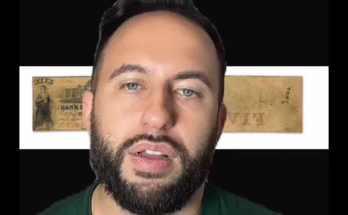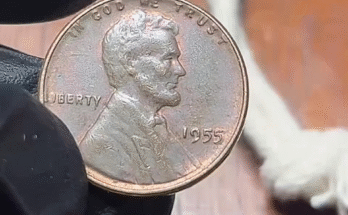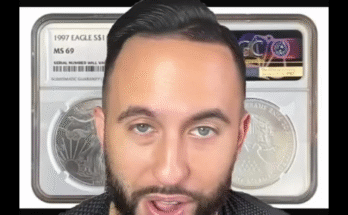A circulating image shows a 2000-D Sacagawea dollar with a $66,000 valuation – but fails to specify what error makes it valuable. Let’s investigate!

⚠️ Debunking Common Myths
❌ “Gold Dollar” Misconception
- Sacagawea dollars are manganese brass (not gold)
- Only special collector coins contain actual gold
❌ Vague Error Claims
- High values require specific, verifiable errors
- “Rare error” without details is a red flag
💎 REAL Valuable Sacagawea Errors
These authenticated errors command premium prices:
| Error Type | Description | Value Range |
|---|---|---|
| 2000-D Mule Error | Sacagawea obverse + SC quarter reverse | $100,000+ |
| “Cheerios” Dollar | Enhanced tail feathers (special minting) | $5,000-$10,000 |
| Wrong Planchet | Struck on foreign or precious metal blank | Varies widely |
| Major Die Breaks | Dramatic cracks or gouges in design | $500-$5,000 |
🔬 How to Examine Your Coin
- Check Both Sides
- Obverse: Sacagawea portrait
- Reverse: Should show eagle (anything else = potential mule)
- Magnify Key Areas
- Tail feathers (look for extra lines)
- Edge (should be smooth)
- Date/mintmark position
- Weigh It
- Correct: 8.1 grams
- Wrong weight may indicate planchet error
🛡️ Authentication Protocol
For any potentially valuable error:
- Never clean or alter the coin
- Document with hi-res photos/video
- Submit to PCGS/NGC for grading
- Consult specialized error coin dealers



Leave a Reply